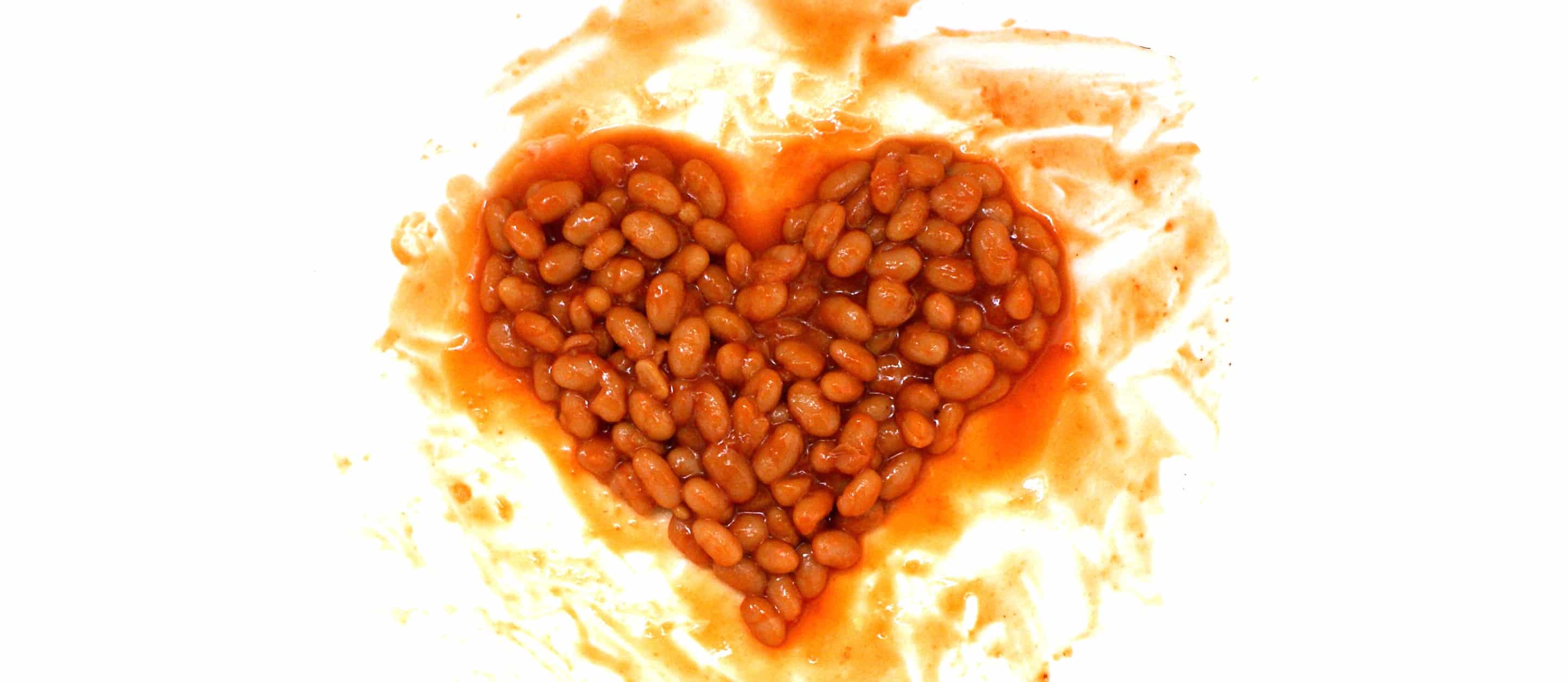Beans are an essential part of any healthful diet. The federal government recommends about half a cup a day of beans, counting them as both a protein and a vegetable since they have the best of both worlds. Beans are excellent sources of fiber, folate, plant protein, plant iron, vitamin B1, and minerals such as magnesium, phosphorus, potassium, and copper, all while being naturally low in sodium.
Yet Americans don’t know beans! 96% of Americans don’t even meet the measly minimum recommended intake of beans, chickpeas, split peas or lentils. The same percentage of Americans don’t eat their greens every day. Two of the healthiest foods on the planet are greens and beans, but hardly anyone even consumes the minimum recommended amount. As a team of researchers from the National Cancer Institute noted, this is just another “piece added to the rather disturbing picture that is emerging of a nation’s diet in crisis.”
But how should we get our beans? Canned beans are convenient, but are they as nutritious as home-cooked? And if we do used canned, should we drain them or not? A recent study published in Food and Nutrition Sciences spilled the beans.
In addition to their health benefits, beans are cheap. The researchers did a little bean counting, and a serving of beans costs between ten cents and, if we want to go crazy, 40 cents.
The researchers compiled a table, which you can see in my video, Canned Beans or Cooked Beans?, of the cost per serving of beans, both canned and cooked. Canned beans cost about three times more than dried beans, but dried beans can take hours to cook, so my family splurges on canned beans, paying the extra 20 cents a serving. Nutrition-wise, cooked and canned are about the same, but the sodium content of canned beans can be 100 times that of cooked. Draining and rinsing the canned beans can get rid of about half the sodium, but you’re also draining and rinsing away some of the nutrition. I recommend, when buying canned beans, to instead get the no-salt added varieties, and to keep and use the bean juice.
The bottom line is that beans, regardless of type or form, are a nutrient rich food and should be encouraged as part of an overall healthy diet.
Concerned about gas? See my blog post Beans and Gas: Clearing the air.
-Michael Greger, M.D.
PS: If you haven’t yet, you can subscribe to my videos for free by clicking here and watch my full 2012 – 2015 presentations Uprooting the Leading Causes of Death, More than an Apple a Day, From Table to Able, and Food as Medicine.
